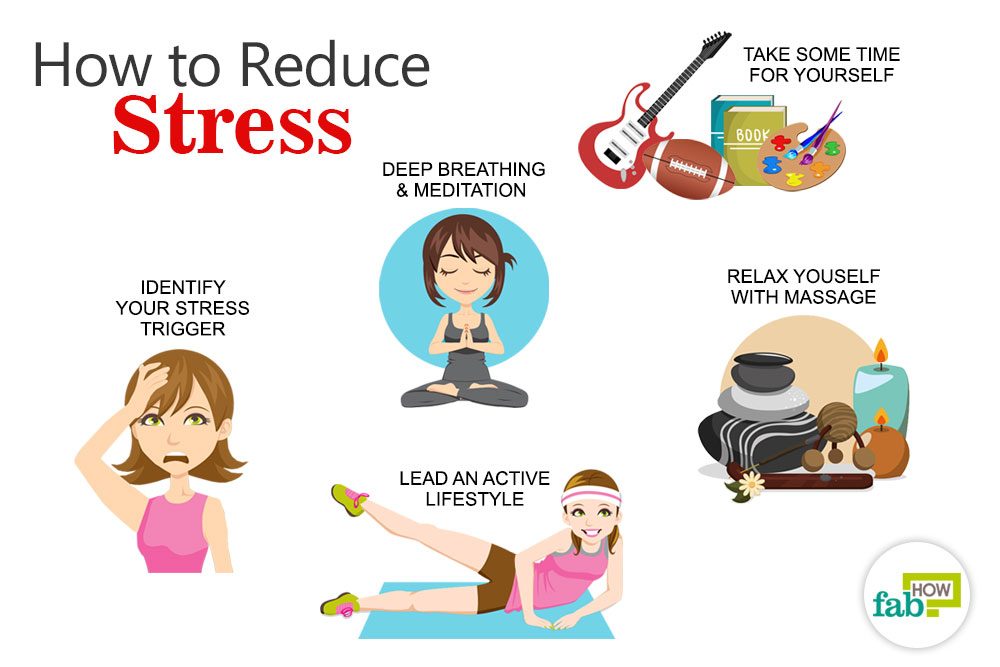How Stress Affects the Body and Natural Ways to Reduce It
Stress has quietly become one of the most common health issues of our time. Whether it’s meeting deadlines, financial worries, or even managing relationships, stress creeps into daily life. While a little stress can sometimes push us to perform better, constant or unmanaged stress takes a serious toll on the body and mind. Understanding how stress affects us and finding natural ways to reduce it is key to living a healthier, more balanced life.

How Stress Affects the Body
The Brain and Mental Health
When you feel stressed, your brain releases hormones like cortisol and adrenaline. In short bursts, these hormones help you respond to challenges. But when stress lingers, high cortisol levels interfere with memory, concentration, and even decision-making. Over time, this may lead to anxiety, depression, or burnout.
The Heart and Circulation
Stress makes your heart beat faster and raises blood pressure. This reaction is helpful in emergencies, but if it continues daily, it increases the risk of heart disease, hypertension, and even stroke.
The Immune System
Chronic stress weakens the immune system, making the body more vulnerable to infections. This explains why people often fall sick after long periods of pressure, such as exams or tough work schedules.
The Digestive System
Many people notice stomachaches, indigestion, or changes in appetite during stressful times. Stress can also worsen conditions like irritable bowel syndrome (IBS) or ulcers.
Muscles and Pain
Stress causes the muscles to tighten. If this tension continues, it can lead to headaches, back pain, and stiffness.
Sleep Patterns
High stress levels disrupt sleep, leading to insomnia or restless nights. Lack of sleep then worsens stress, creating a never-ending cycle.

Natural Ways to Reduce Stress
The good news is that stress can be managed effectively without relying only on medicines. Here are some natural and practical ways:
Deep Breathing and Meditation
Simple breathing exercises calm the nervous system. Even five minutes of mindful breathing daily can lower stress hormones and improve focus. Meditation and yoga also train the mind to stay present and relaxed.
Exercise and Movement
Physical activity releases endorphins the body’s natural mood boosters. Walking, jogging, dancing, or even stretching reduces tension and improves both physical and mental health.
Healthy Eating
Balanced meals rich in fruits, vegetables, whole grains, and lean proteins help stabilize mood and energy. Cutting down on caffeine and sugar also prevents anxiety spikes.
Quality Sleep
Going to bed and waking up at the same time daily helps the body regulate stress hormones. A calm bedtime routine like reading or listening to soft music can improve sleep quality.
Nature and Sunlight
Spending time outdoors reduces cortisol and improves mood. Just 15–20 minutes in sunlight boosts vitamin D levels, which is linked to better emotional health.
Social Connections
Talking to friends, family, or even journaling your feelings helps release emotional pressure. A strong support system is one of the best shields against stress.
Limiting Screen Time
Constant notifications and social media comparisons increase stress. Taking regular “digital detox” breaks gives the brain time to recharge.

Final Thoughts
Stress may be an unavoidable part of modern life, but it doesn’t have to control you. By understanding how it affects the body and adopting natural coping methods, you can restore balance and protect both your physical and mental health. Small lifestyle changes like mindful breathing, regular exercise, or spending time with loved ones make a big difference. Remember, managing stress is not about removing challenges from life, but about learning healthier ways to respond to them.



You must be logged in to post a comment.